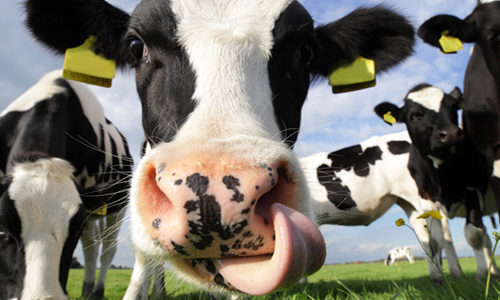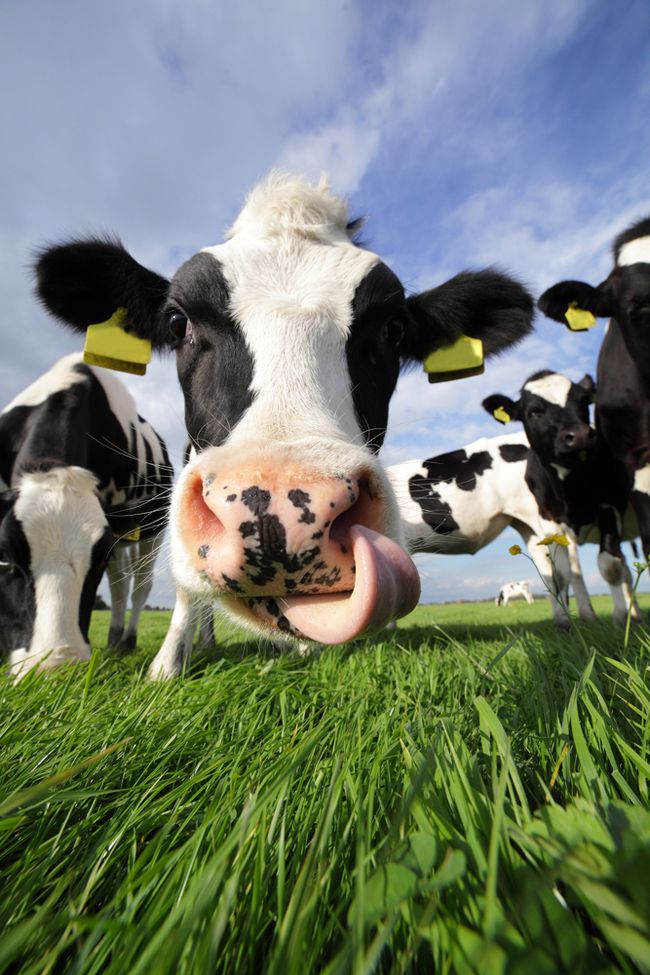
Ice Cream Giant Announces Plans to Stop Using Milk From Cows Treated With Artificial Hormone rBST

The ice cream giant Breyers announced yesterday it will stop using milk from cows treated with the controversial hormone rBST. The artificial growth hormone, which stands for recombinant bovine somatotropin, is a genetically engineered hormone that farmers inject into cows to increase milk production. It’s controversial because it’s been linked to a slew of health problems in cows, and consequently, humans who drink the cows’ milk.
Bovine somatotropin (BST) is a protein hormone naturally produced in the pituitary glands of cows. Monsanto and other companies developed a recombinant version, rBST, by using a genetically engineered E. coli bacteria, according to Organic Valley. The hormone has been banned in Canada, Australia, New Zealand, Japan, Israel and the European Union.
Many U.S. companies, such as Ben & Jerry’s, also owned by Unilever, went rBST-free long ago. The conscientious ice cream company made the move back in 1989. Other socially conscious companies like Chipotle have opted to go rBST-free, as well as Wal-Mart, Haagen Dazs, Yoplait and Dannon yogurts that only source milk from farmers whose cows are hormone free.
Breyers plans to have most of its milk rBST-free by March. In addition to sourcing non-rBST milk, Breyers will only purchase vanilla that is certified by the Rainforest Alliance, ensuring it meets the rigorous standards of the Sustainable Agriculture Network and the Forest Stewardship Council.
Breyers’ parent company Unilever plans to have other brands, including Fruttare, Good Humor, Klondike, Magnum and Popsicle, follow suit in the next few years. This initiative will make the conglomerate the largest ice cream manufacturer in the world to source hormone-free milk and sustainable vanilla.
“Breyers has a long-standing history of offering frozen treats with high-quality ingredients that moms feel good about,” said Alessandra Bellini, vice president of brand development at Unilever North America. “These industry-leading changes are the latest in our commitment to do right by parents and the environment.”
YOU MIGHT ALSO LIKE
Diane Rehm Examines the Dangers of Monsanto’s Roundup and Dow’s Enlist Duo Herbicides

 233k
233k  41k
41k  Subscribe
Subscribe 
